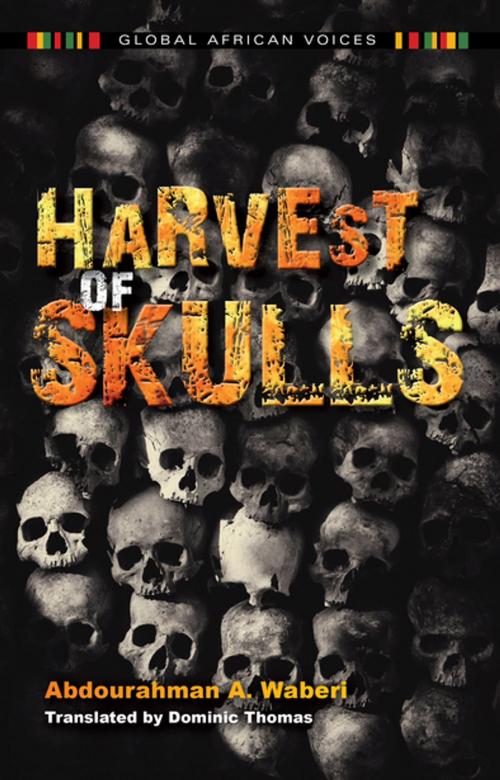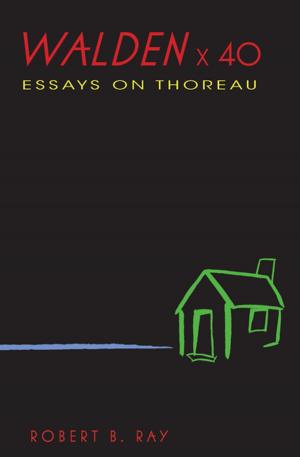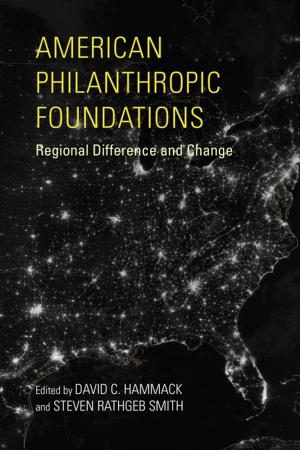| Author: | Abdourahman A. Waberi | ISBN: | 9780253024411 |
| Publisher: | Indiana University Press | Publication: | February 20, 2017 |
| Imprint: | Indiana University Press | Language: | English |
| Author: | Abdourahman A. Waberi |
| ISBN: | 9780253024411 |
| Publisher: | Indiana University Press |
| Publication: | February 20, 2017 |
| Imprint: | Indiana University Press |
| Language: | English |
In 1994, the akazu, Rwandan’s political elite, planned the genocidal mass slaughter of 500,000 to 1,000,000 Tutsi and Hutu who lived in the country. Given the failure of the international community to acknowledge the genocide, in 1998, ten African authors visited Rwanda in a writing initiative that was an attempt to make partial amends. In this multidimensional novel, Abdourahman A. Waberi claims, "Language remains inadequate in accounting for the world and all its turpitudes, words can never be more than unstable crutches, staggering along... And yet, if we want to hold on to a glimmer of hope in the world, the only miraculous weapons we have at our disposal are these same clumsy supports." Shaped by the author’s own experiences in Rwanda and by the stories shared by survivors, Harvest of Skulls stands twenty years after the genocide as an indisputable resource for discussions on testimony and witnessing, the complex relationship between victims and perpetrators, the power of the moral imagination, and how survivors can rebuild a society haunted by the ghost of its history.
In 1994, the akazu, Rwandan’s political elite, planned the genocidal mass slaughter of 500,000 to 1,000,000 Tutsi and Hutu who lived in the country. Given the failure of the international community to acknowledge the genocide, in 1998, ten African authors visited Rwanda in a writing initiative that was an attempt to make partial amends. In this multidimensional novel, Abdourahman A. Waberi claims, "Language remains inadequate in accounting for the world and all its turpitudes, words can never be more than unstable crutches, staggering along... And yet, if we want to hold on to a glimmer of hope in the world, the only miraculous weapons we have at our disposal are these same clumsy supports." Shaped by the author’s own experiences in Rwanda and by the stories shared by survivors, Harvest of Skulls stands twenty years after the genocide as an indisputable resource for discussions on testimony and witnessing, the complex relationship between victims and perpetrators, the power of the moral imagination, and how survivors can rebuild a society haunted by the ghost of its history.















